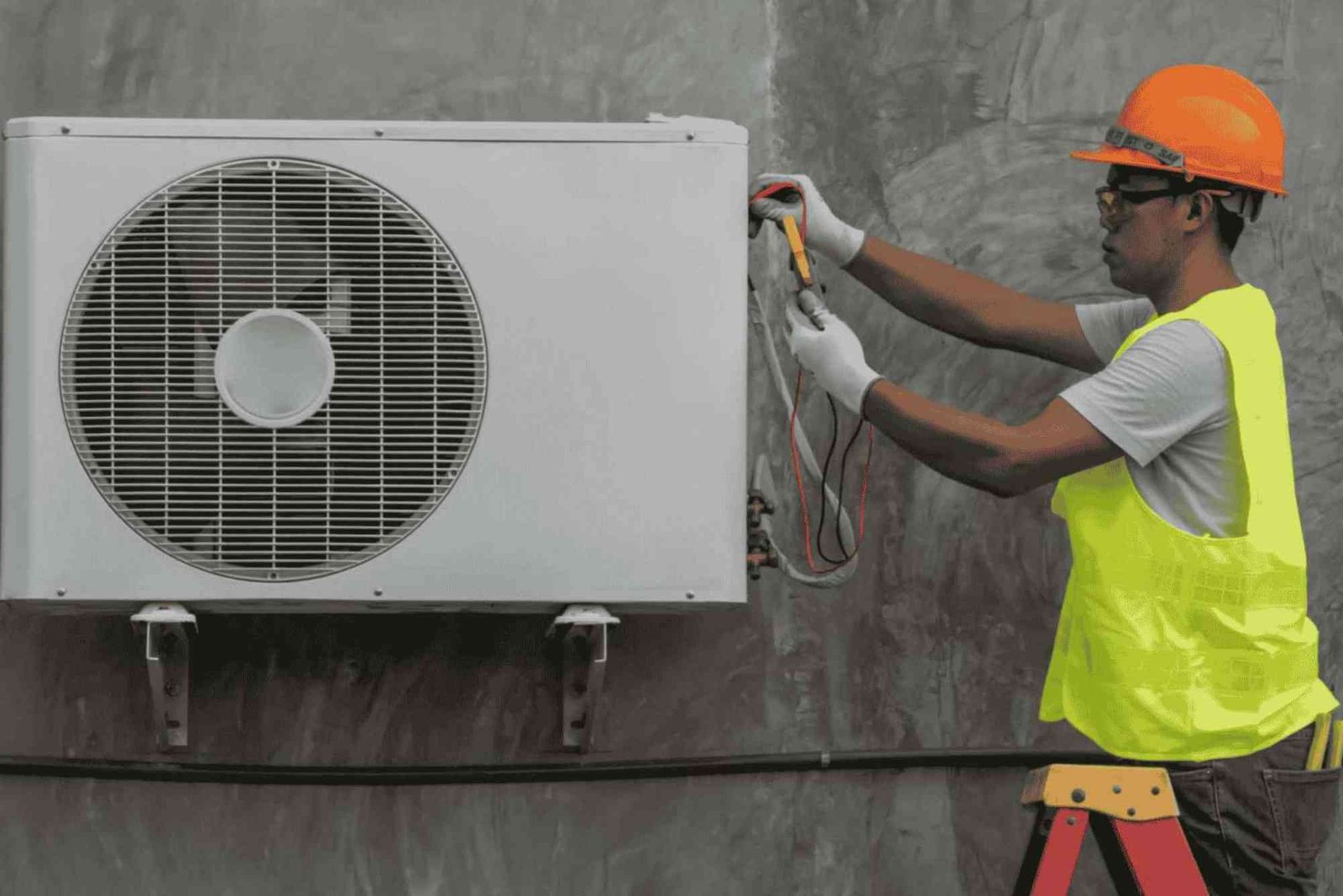Reboiling pasta is a topic that often comes up when dealing with leftovers or accidentally undercooked pasta. Whether you’ve made more pasta than needed or you’re trying to salvage a dish, knowing how to reboil pasta effectively can save your meal. This guide will explore when and how you can reboil pasta, as well as some alternatives to ensure the best possible results.
When Might You Need to Reboil Pasta?
Undercooked Pasta: If your pasta is too firm or chewy after the first boil, reboiling can help achieve the desired texture.
Leftover Pasta: If your pasta has dried out or become too firm after refrigeration, reboiling may revive its original texture.
Cooking Mistakes: Sometimes, pasta may not cook evenly. Reboiling allows you to correct this mistake.
Is It Safe to Reboil Pasta?

Overcooking Risk: Reboiling can cause pasta to become overly soft or mushy, especially if it’s already cooked close to al dente.
Nutritional Loss: Repeated boiling can lead to the loss of some nutrients, especially if the pasta is left in boiling water for too long.
How to Reboil Pasta: Step-by-Step Guide
Step 1: Boil Water
Start by bringing a pot of water to a rolling boil. Ensure there’s enough water to cover the pasta completely.
Step 2: Add the Pasta
Once the water is boiling, add the pasta. Stir occasionally to prevent sticking.
Step 3: Monitor Closely
Since the pasta has already been partially or fully cooked, it will only need a minute or two to reach the desired texture. Taste-test frequently to avoid overcooking.
Step 4: Drain and Serve
Once the pasta has reached the right consistency, drain it immediately and serve with your preferred sauce or toppings.
Alternatives to Reboiling Pasta

Microwave with Moisture: Place the pasta in a microwave-safe dish with a small amount of water, cover, and heat for a minute or two. The steam will help soften the pasta.
Pan Sautéing: Add a bit of olive oil or sauce to a pan, then toss in the pasta. Cook over medium heat until the pasta softens.
Baking in Sauce: Mix the pasta with sauce and bake in the oven. The moisture from the sauce will soften the pasta while adding flavor.
Tips for Preventing the Need to Reboil Pasta
Cook Pasta Al Dente: Aim for al dente when cooking pasta initially. This slightly firm texture holds up better if reheating is necessary.
Store Pasta Properly: If you plan to save pasta for later, toss it with a little oil to prevent sticking and store it in an airtight container in the refrigerator.
Monitor Cooking Time: Use a timer to ensure the pasta doesn’t overcook during the initial boil.
While you can reboil pasta, it’s often best used as a last resort. Understanding the correct techniques and alternatives can help you maintain the quality of your pasta dishes. Whether you choose to reboil or explore other methods, proper pasta preparation and storage are key to enjoying delicious, perfectly cooked pasta every time.




